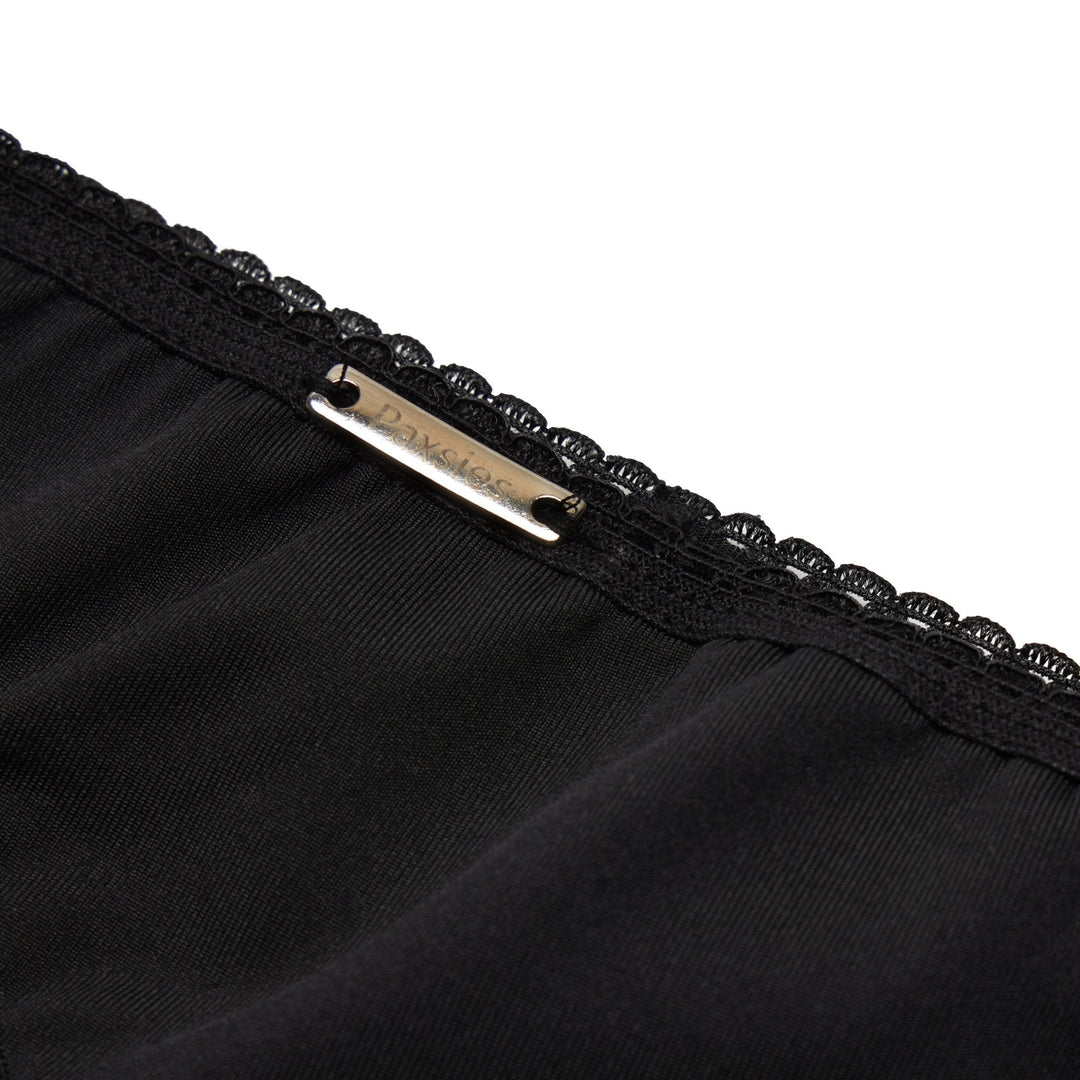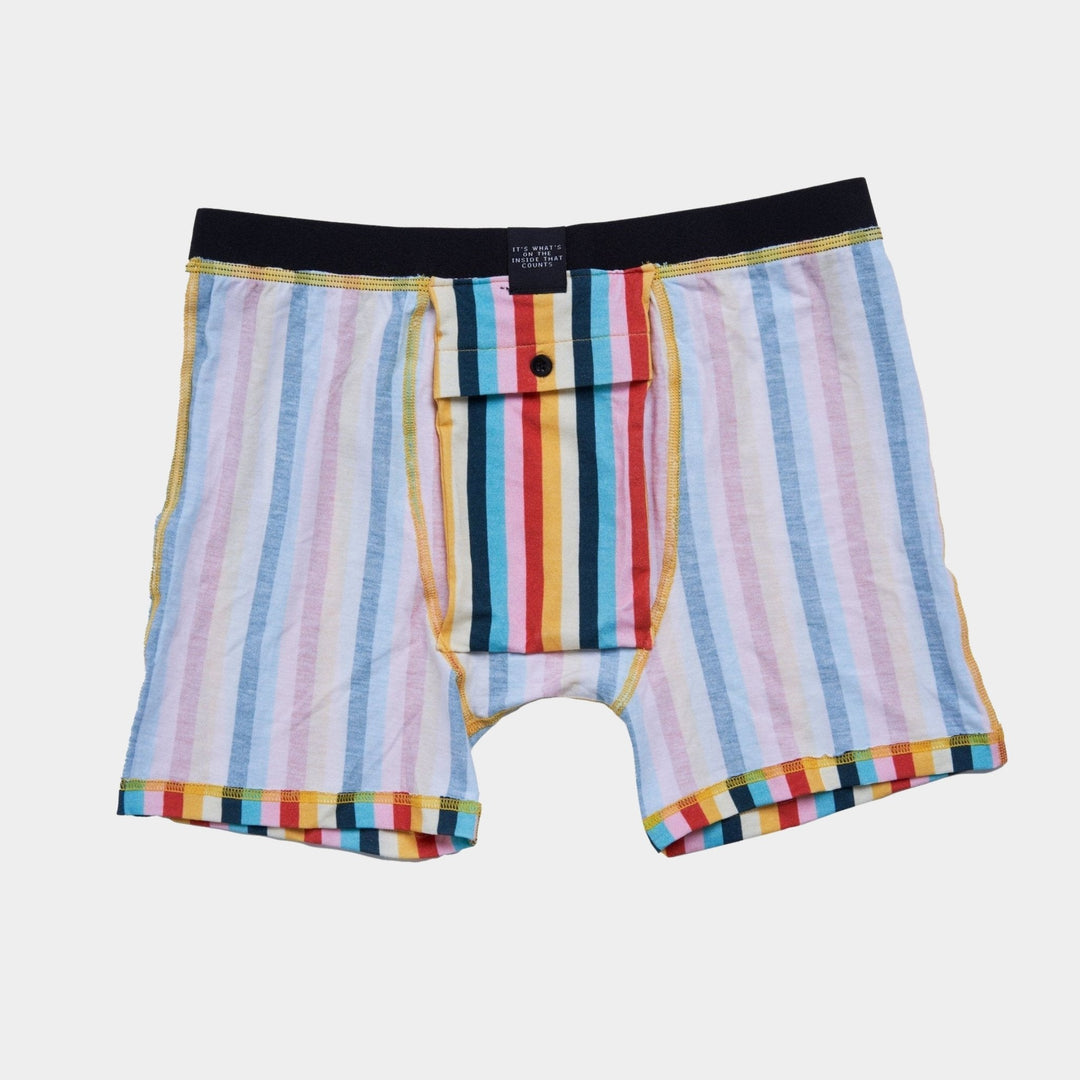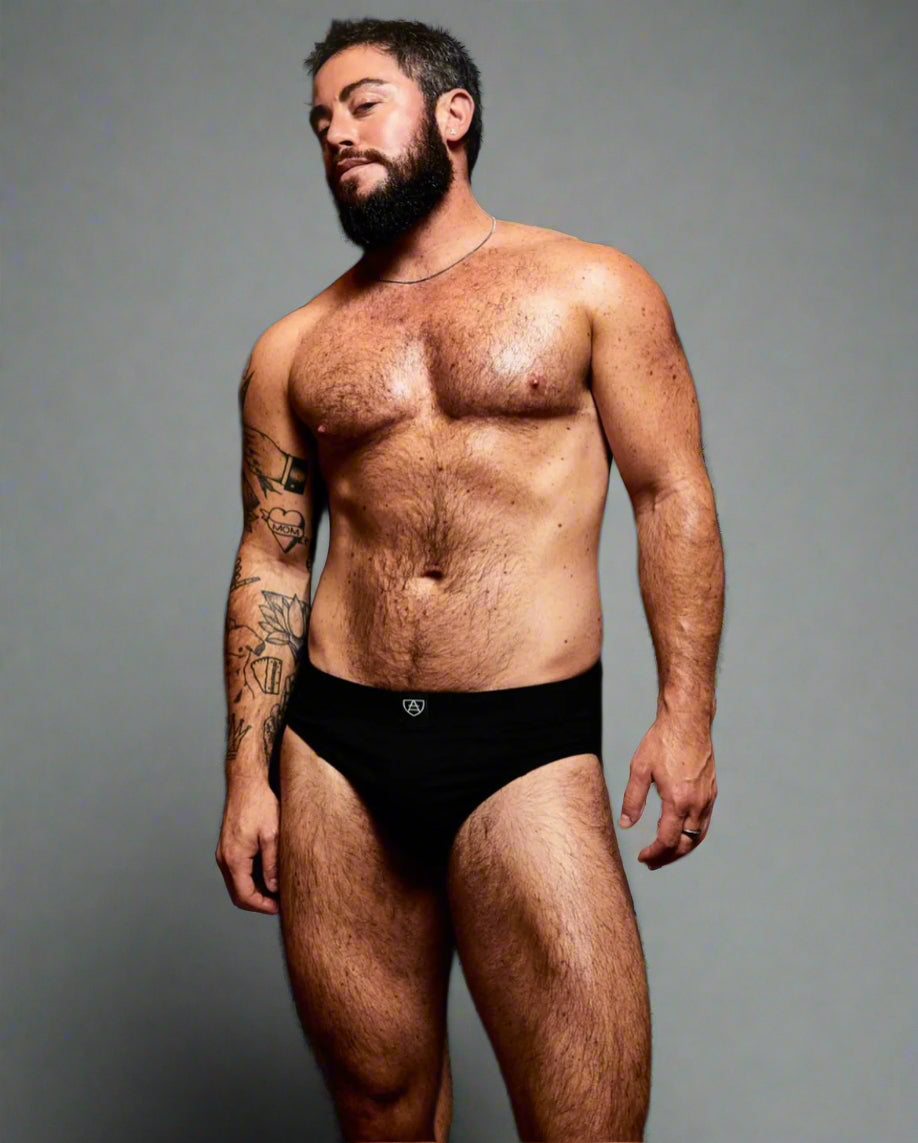3 Important Events in Queer History That Came Before Stonewall
If you know anything about LGBTQIA+ history, you’ve probably heard of Stonewall (and if not, here’s an introduction!) But contrary to popular belief, Stonewall was not in fact the first time the LGBTQIA+ community rose up against discrimination and harassment in the USA. In this article, we’ll look at 3 important events in the queer history of the USA that often get overlooked, but laid the way for the Stonewall Uprising.
Cooper Do-nuts - May 1959
Ten years before the legendary Stonewall Uprising of 1969, there was another riot, now almost forgotten, but believed to be the first modern LGBTQIA+ uprising in America. Although Stonewall is remembered as the start of the fight for LGBT rights in the West, the Cooper Do-Nuts Riots show that the fight had been raging quietly long before then, and is an important step in queer history.
The Cooper Do-nuts was a popular café on Main Street in downtown Los Angeles, situated between two of LA’s most popular gay bars – Harold’s, and The Waldorf. It’s location made it a popular hangout for the local LGBT community, but because of this it was often a target of harassment by cops.
At the time, it was illegal for someone’s gender presentation to not match their gender marker on their ID. Cops would often come to Cooper’s to harass customers by demanding to see their ID, and then arresting them, which is how the riot of May 1959 started.
This time, when the police attempted to arrest two drag queens, two male sex workers, and a gay man, the other customers began to throw coffee, donuts, cups, plates, and trash at the cops until they retreated without their prisoners.
The riots spread to the streets, until the police backup arrived to block them off and arrested several people.
Ultimately, there weren’t many long term repercussions from the riots, except to show us today that the fight for equality for gay, lesbian, bisexual, transgender, and all types of queer people begun much longer ago than many people think.
Read more about the Cooper Do-nuts riots here.
Julius’ Sip-In - April 21, 1966
Three years before Stonewall, also in Greenwich Village, members of the early gay rights advocacy group the Mattachine Society staged a ‘sip-in’ at a bar called Julius’, inspired by the sit-ins of the civil rights movement.
The law said that the gathering of gay people in a bar counted as ‘disorderly conduct,’ and could cause the business to be closed. This contributed to many businesses refusing to serve LGBT customers, even if they weren’t doing anything disruptive.
The three men involved – Dick Leitsch, Craig Rodwell, and John Timmons – informed reporters of their planned demonstration so they could get as much publicity as possible. The plan was to visit bars, say “We are homosexuals. We are orderly, we intend to remain orderly, and we are asking for service,” and when they were denied a drink, bring the business to court to challenge the discriminatory laws.
The first two premises they visited were tipped off by reporters about their plans and so closed for the day. But a clergyman had been arrested at Julius’ a few days ago for soliciting sex, so they knew the staff would be especially wary of more trouble. A sign in the window stated “This is a raided premises,” warning of frequent police harassment.
At first the barman began preparing the three men drinks, but put his hand over the glass once they read out their statement. The moment was photographed, and the Mattachine Society later took the liquor rule to court.
Eventually, the courts ruled that gay people had a right to peacefully assemble, and that the presence of gay people wasn’t automatically disorderly. This new legislation allowed licenced, legally operating gay bars and clubs to open, allowing a new sense of LGBT community and subculture to bloom.
You can read more about the Mattachine Society here.
Compton’s Cafeteria Riot - August 1966
The 60’s saw a rise in public awareness of transgender people which resulted in more visibility for the trans community, but also more outright aggression and hostility. One area where transphobic harassment was on the rise was the Tenderloin district of San Francisco, already known for a large queer population and police corruption.
Compton’s Cafeteria was a restaurant in the Tenderloin district that was a popular meeting place for transgender people, especially women, to meet up and socialise, especially as many gay bars made trans women unwelcome. As the cafeteria was open all night, trans and drag queen sex workers (often known as street queens at the time) would meet up there after hustling all night.
The management disliked the trans customers and would often harass them to get them to leave. If that failed, they would call the police who would arrest trans women for ‘female impersonation.’
The riots began on a night in August 1966 when a trans woman threw her coffee into the face of an arresting officer. The cafeteria erupted into violence as the customers threw everything they could at the police and shattered the windows.
The police retreated into the streets, where the riots continued with protestors damaging police cars and burning down a newsstand. The police reacted violently as they tried to arrest the protestors.
The next day, the local community returned to picket the cafeteria again when the Compton’s staff would not let them enter again, and they eventually smashed the new windows too.
The exact date of the riots is lost, as there was no media coverage and no police records available, but the effects were felt for years afterwards. A few months later a queer youth group called Vanguard staged a ‘street sweep’ protest where they pushed brooms down the streets of the Tenderloin to question the police sweeping transgender people out of the district.
The riots and the efforts of Vanguard inspired queer groups to organise support networks, and in 1968 the National Transsexual Counselling Unit was formed, the first peer-run support and advocacy organisation for transgender people in the world.
Watch Screaming Queens: The Riot at Compton’s Cafeteria, a documentary about the riots, here.
As you can see, although Stonewall is the best known example of the LGBTQIA+ community fighting back against police brutality and unjust laws, it’s far from the only incident. All history is queer history, but it's important to remember the smaller events that lead up to the big ones too. Queer people have always existed, always created communities where they can, and always worked hard for a fairer future.
Don’t forget to sign up to our newsletter to hear all about what Paxsies will be doing during Pride month, read all our new blog posts, and get a 10% off coupon for all items!









